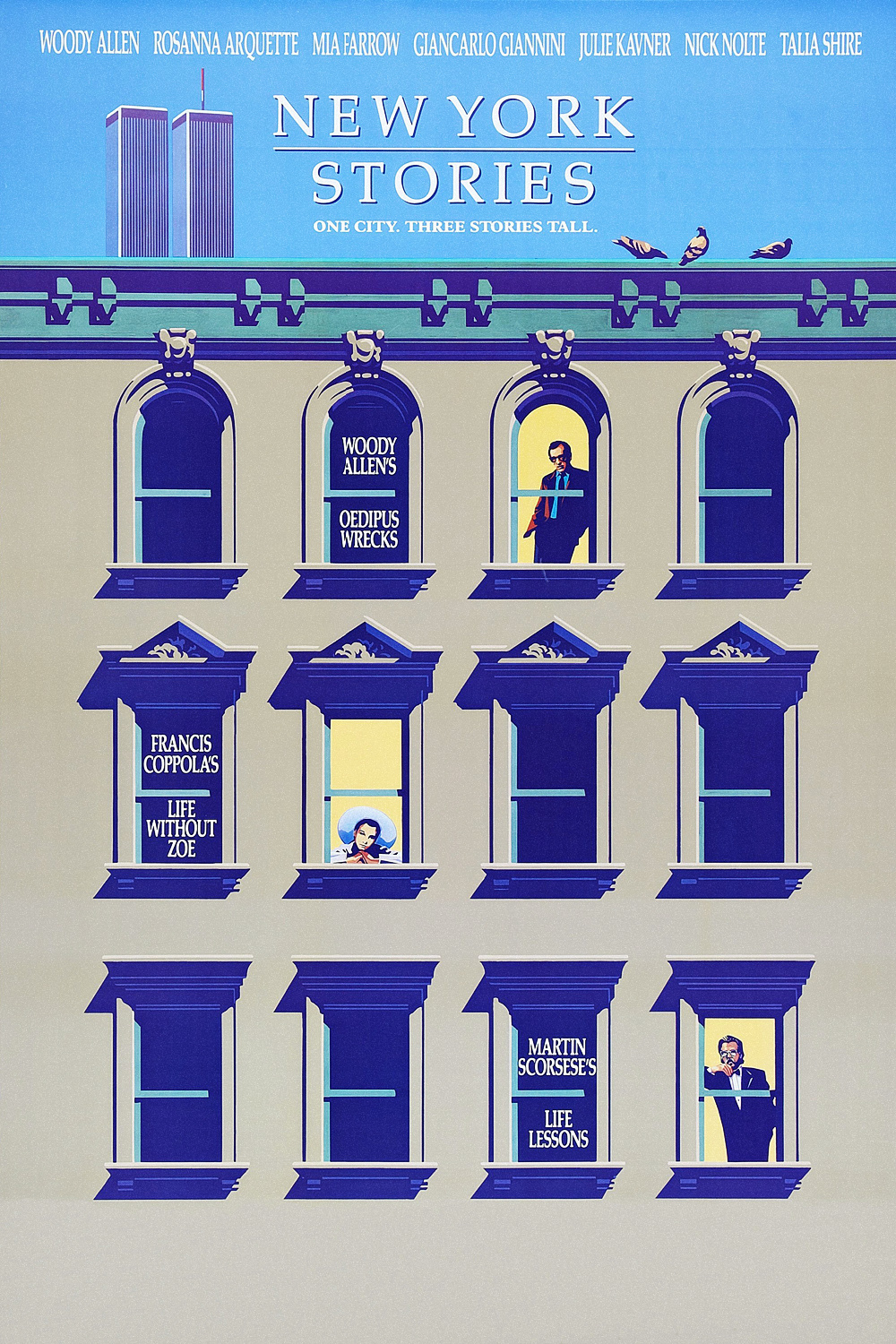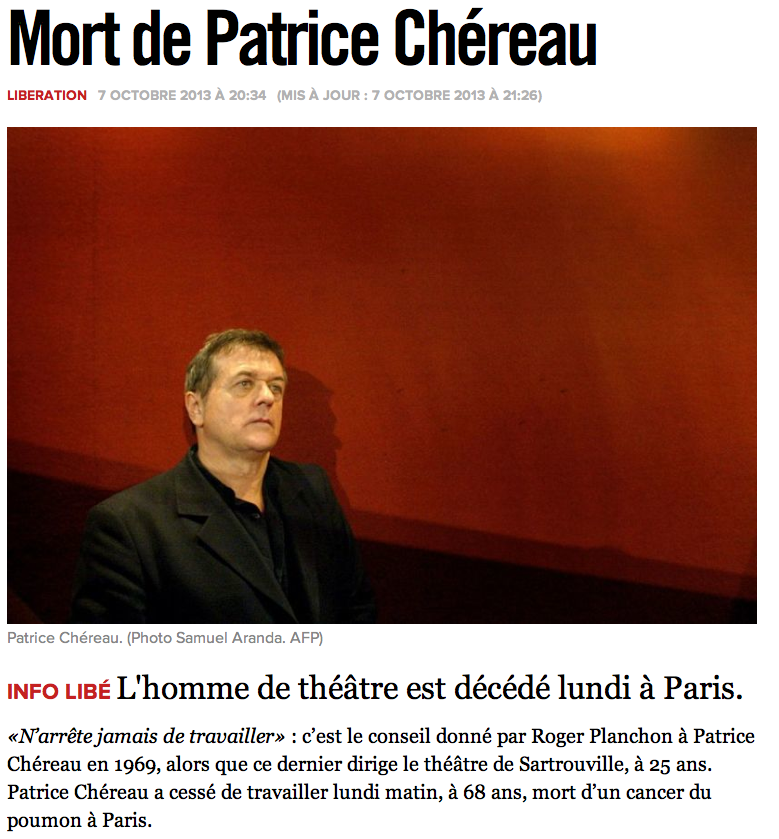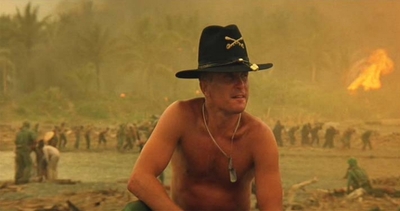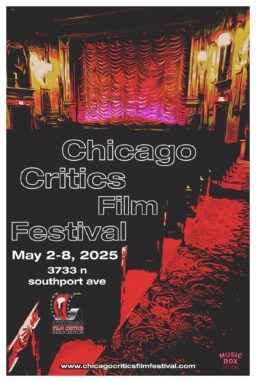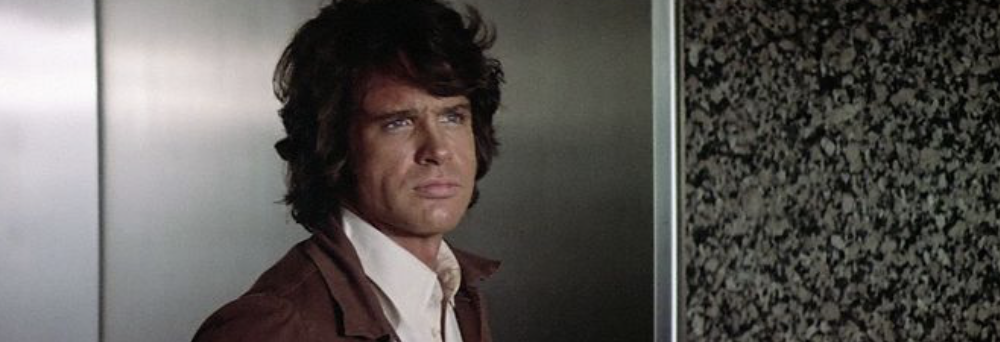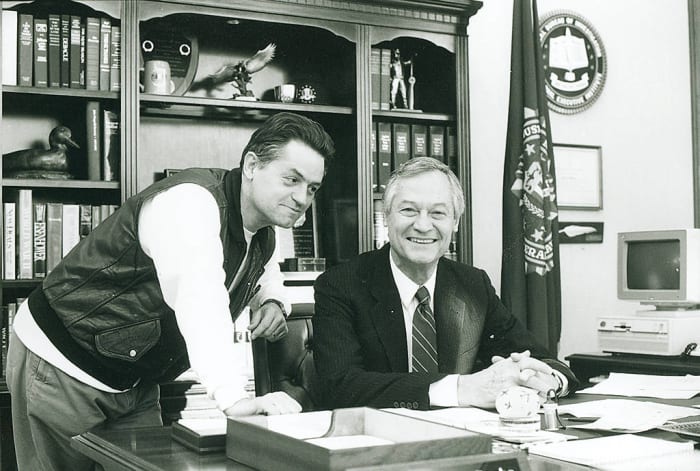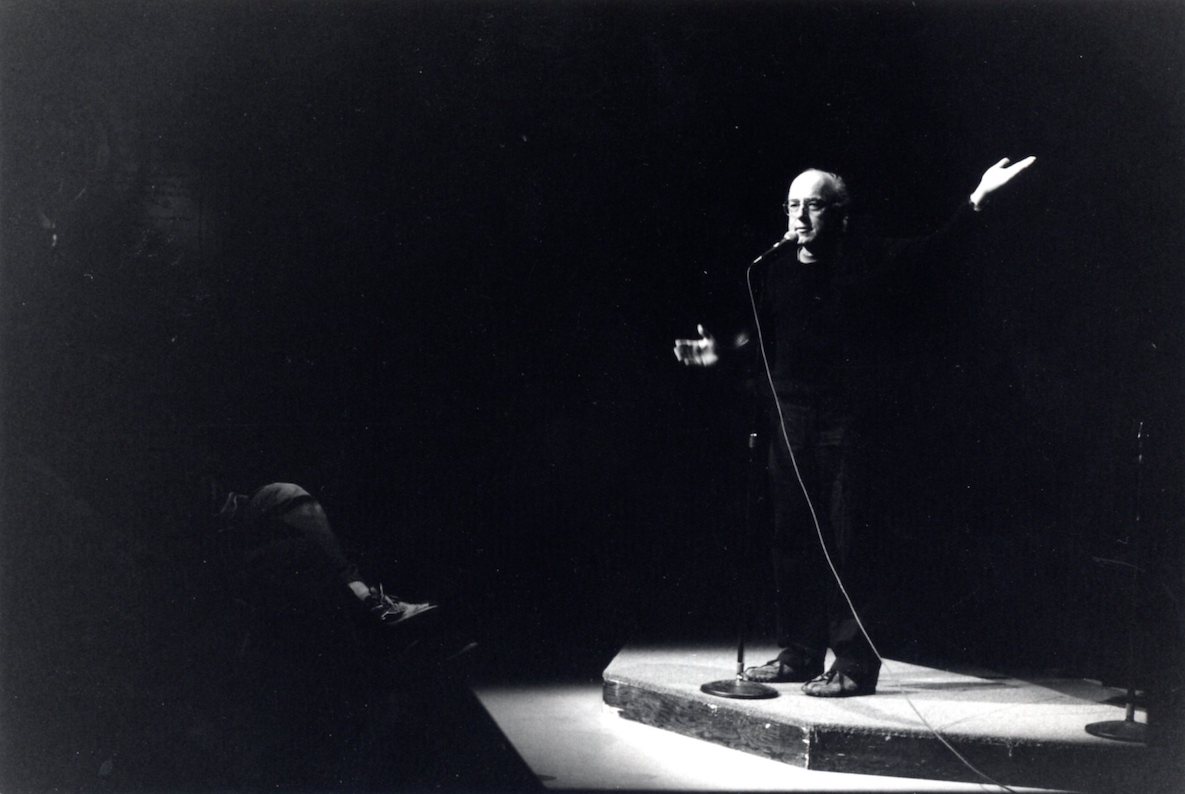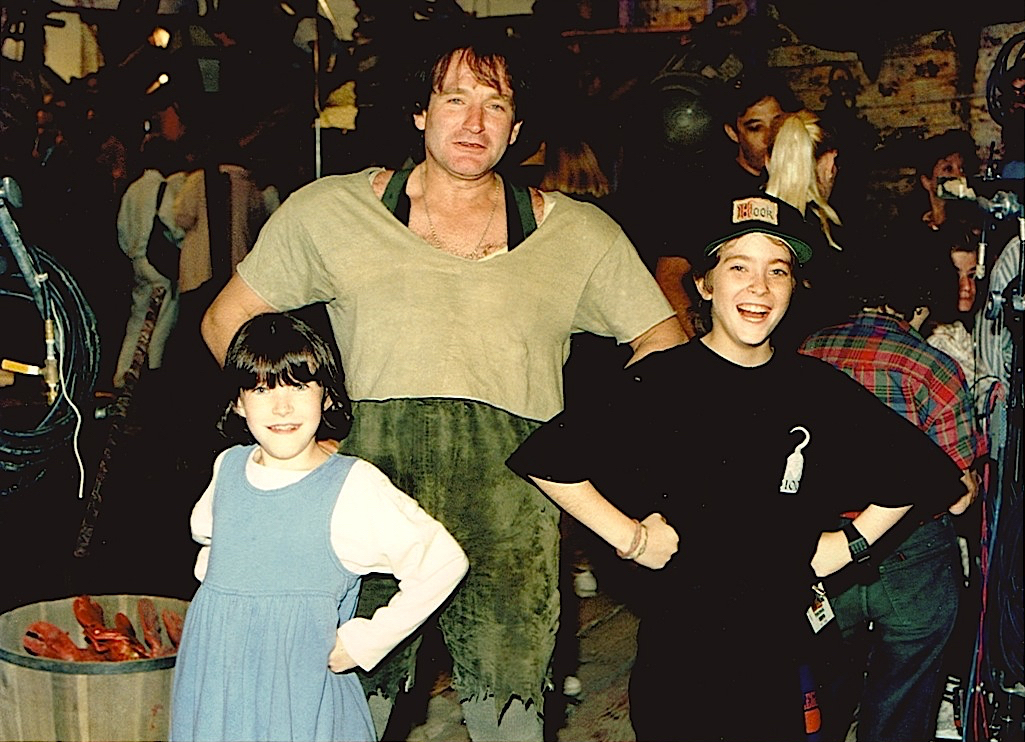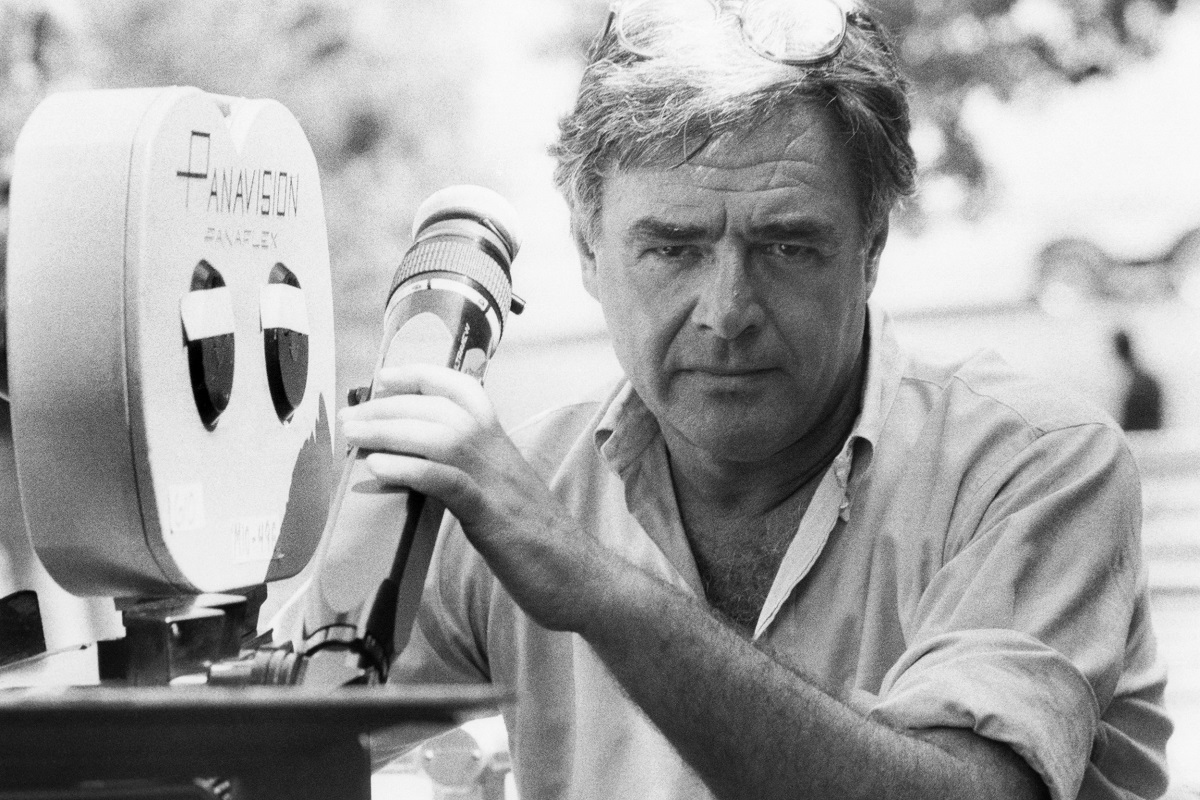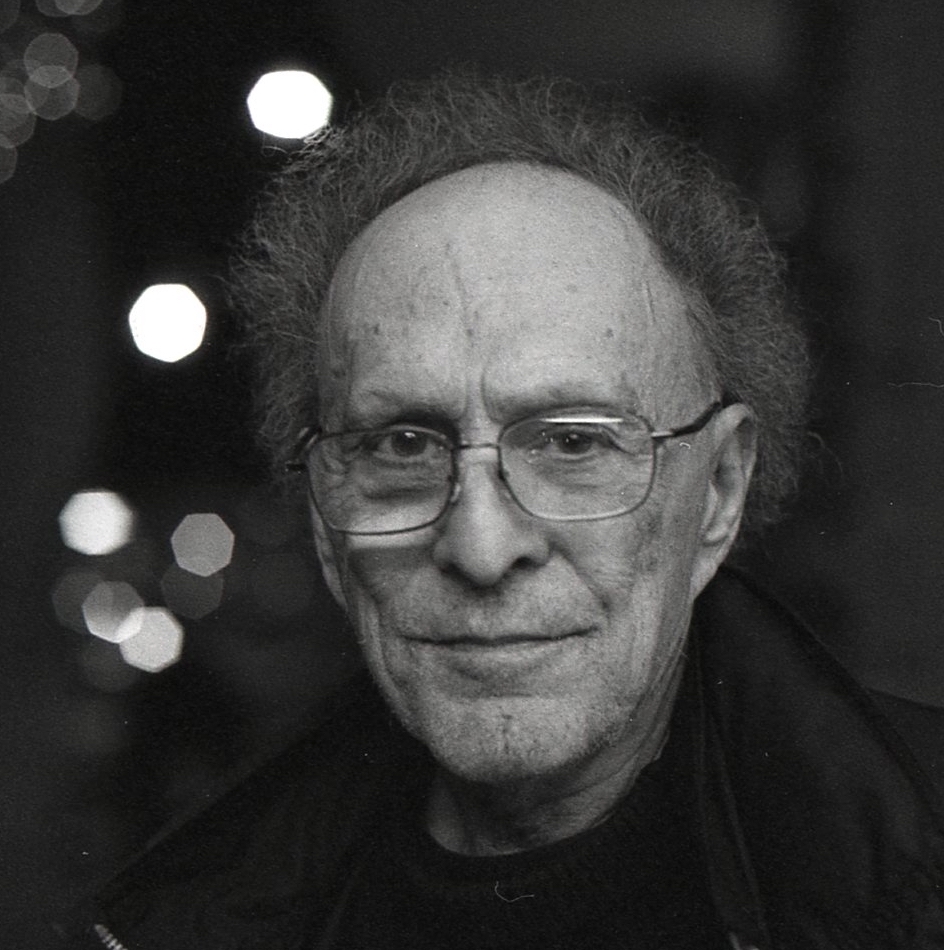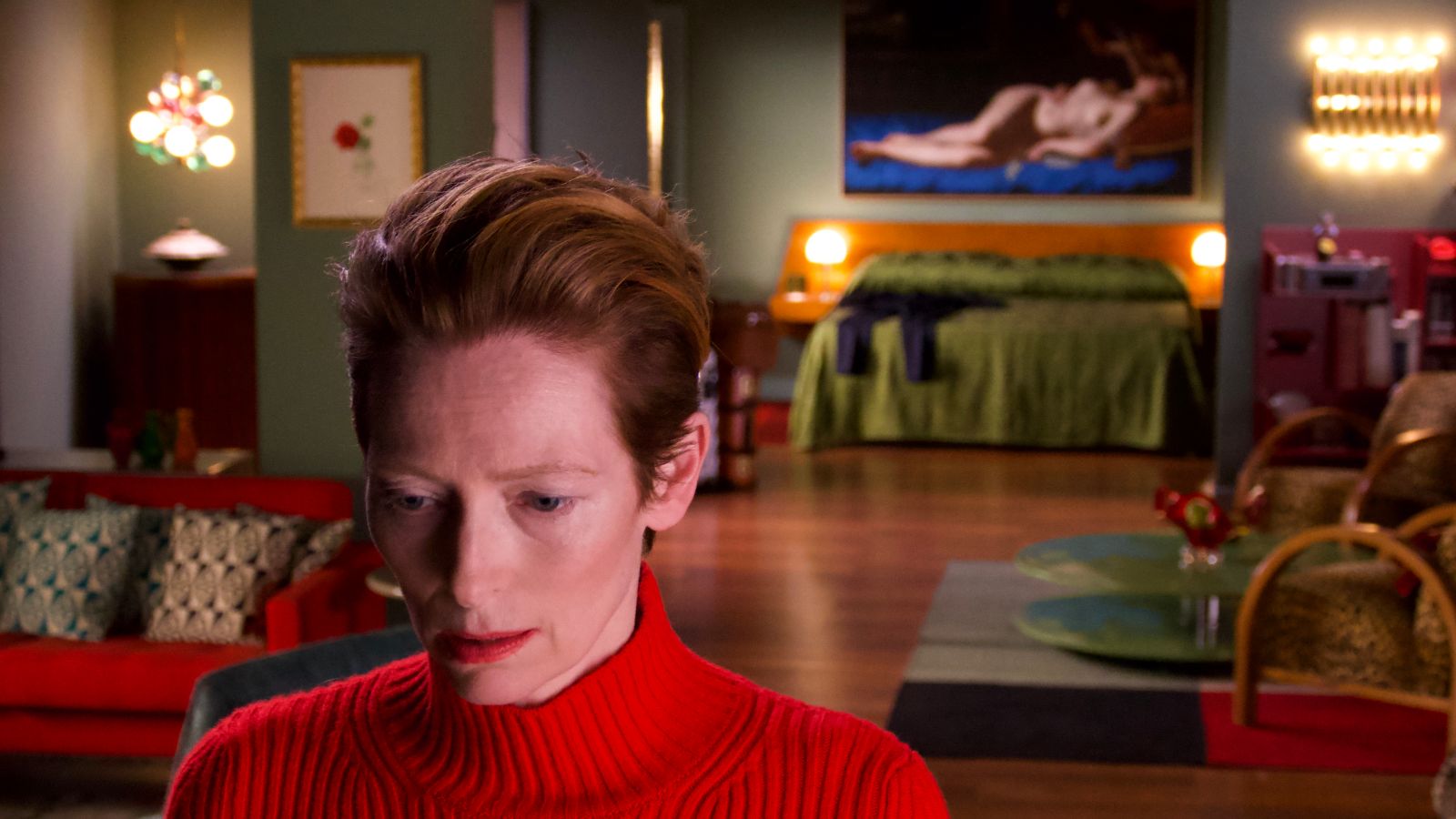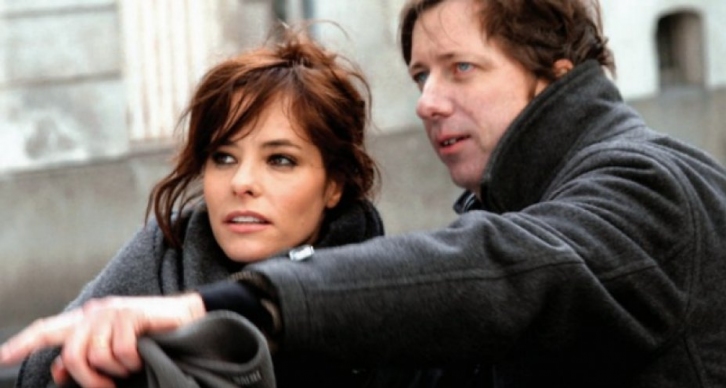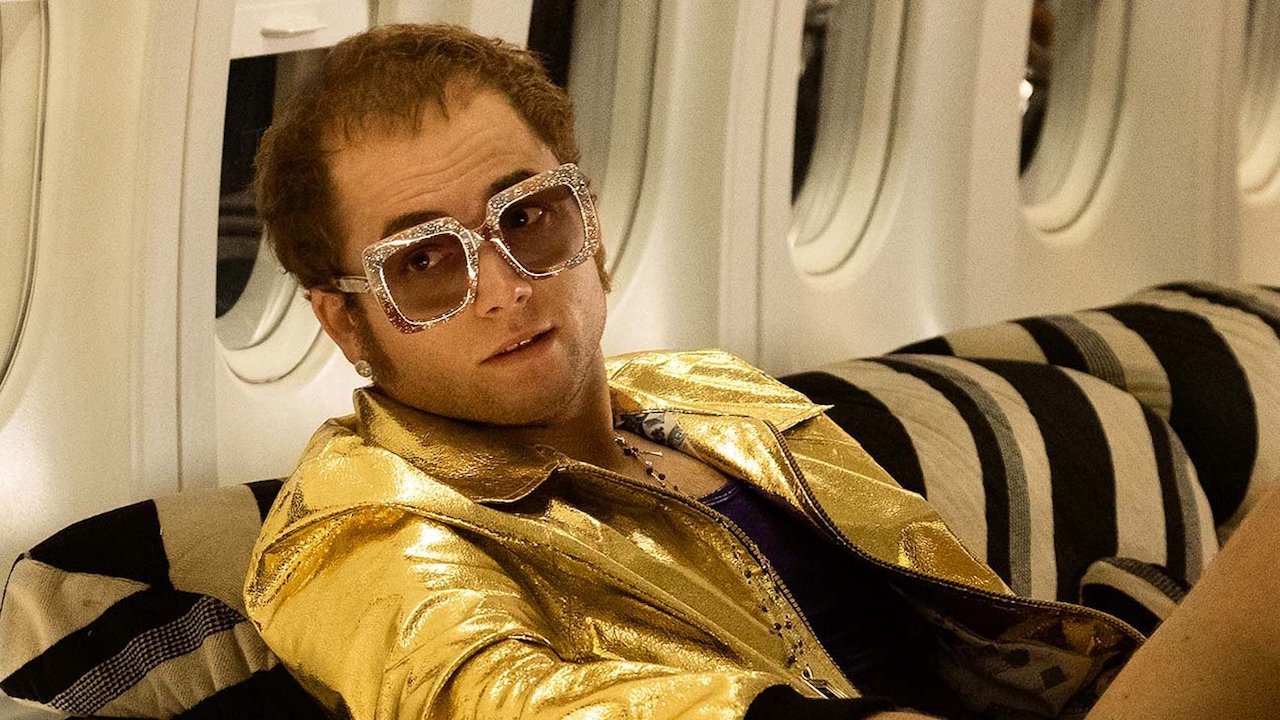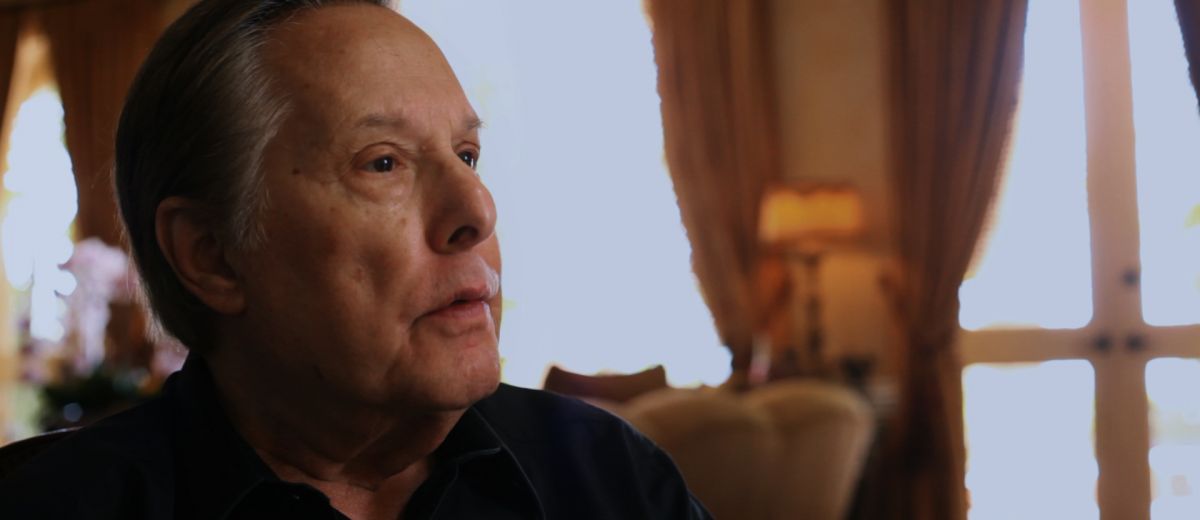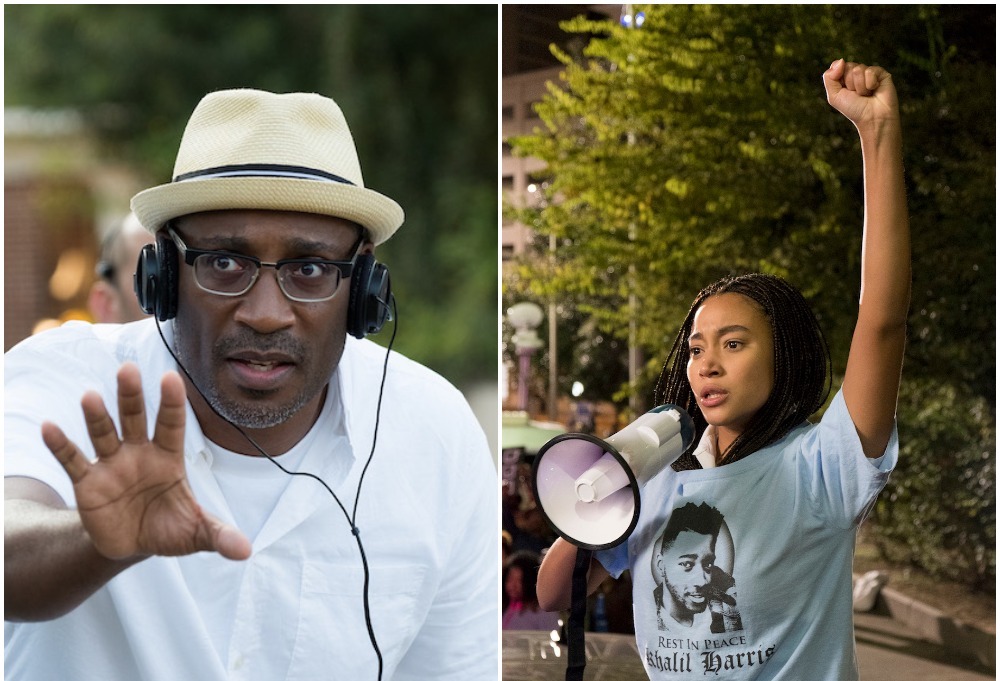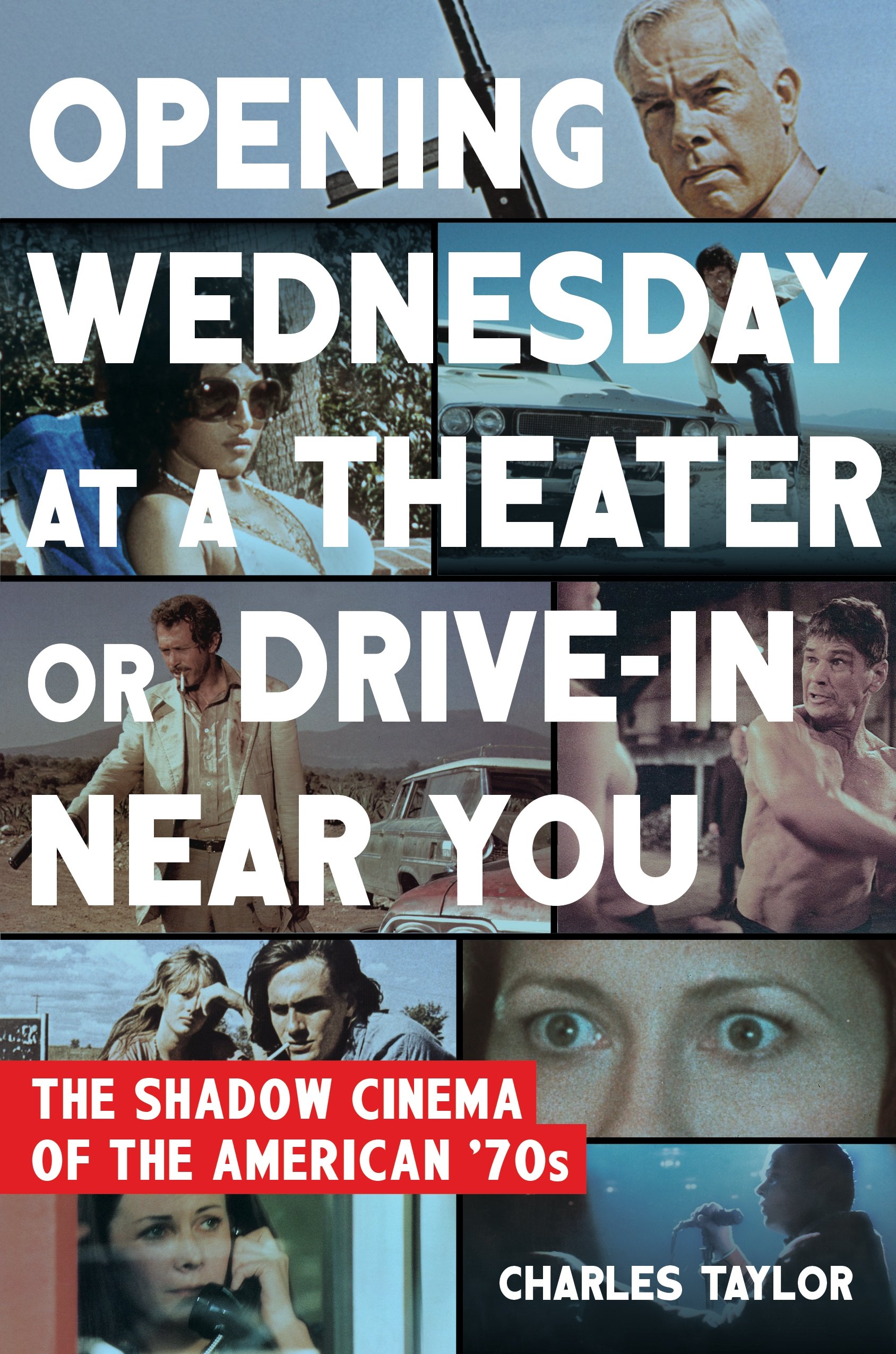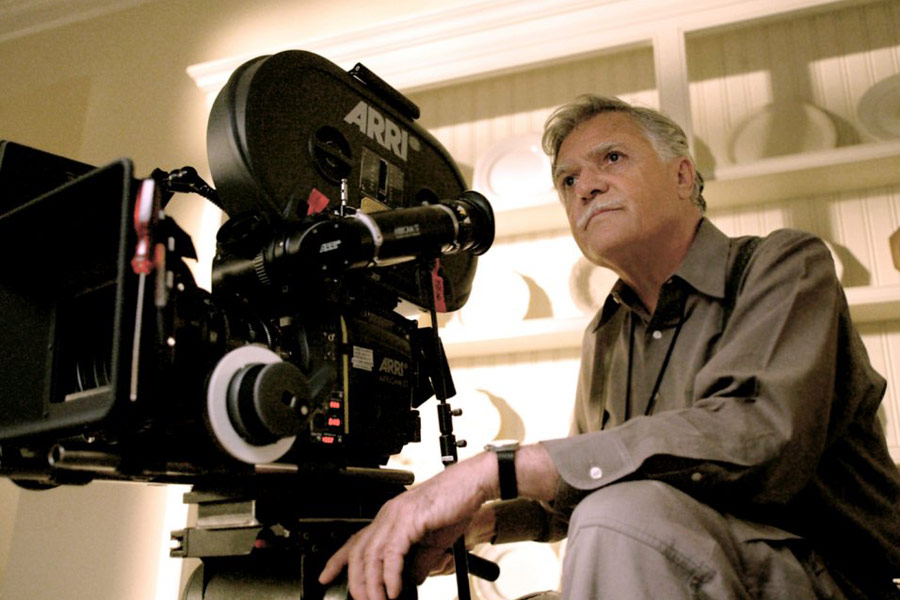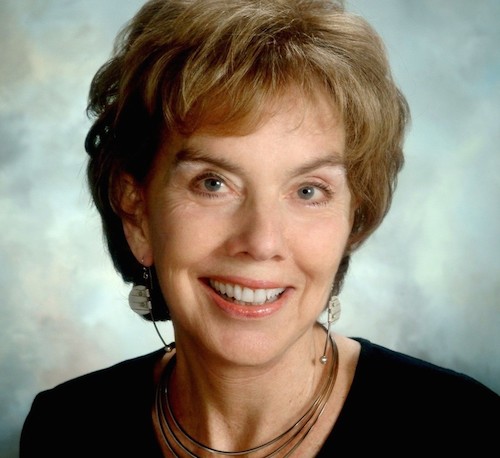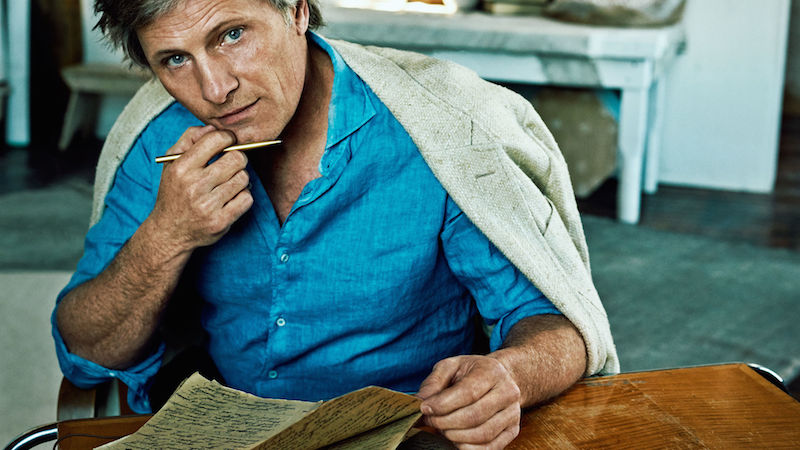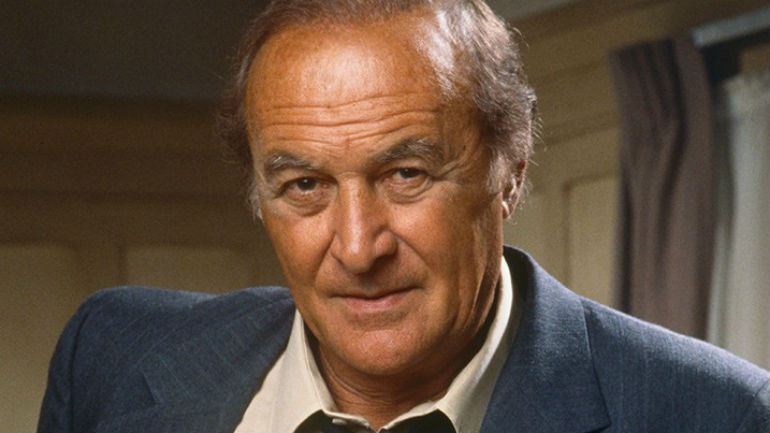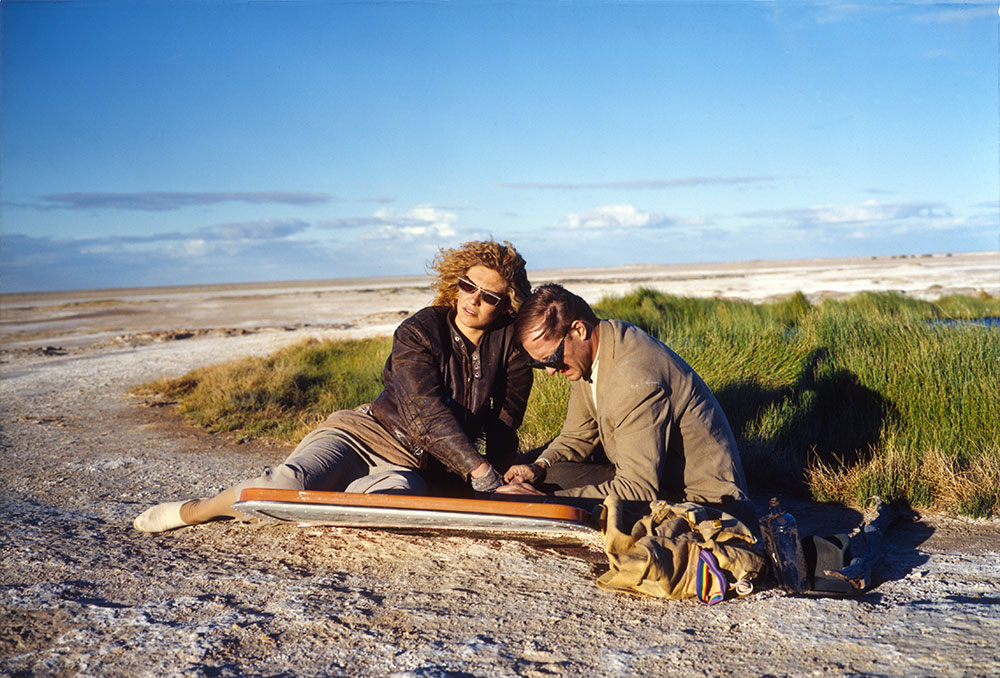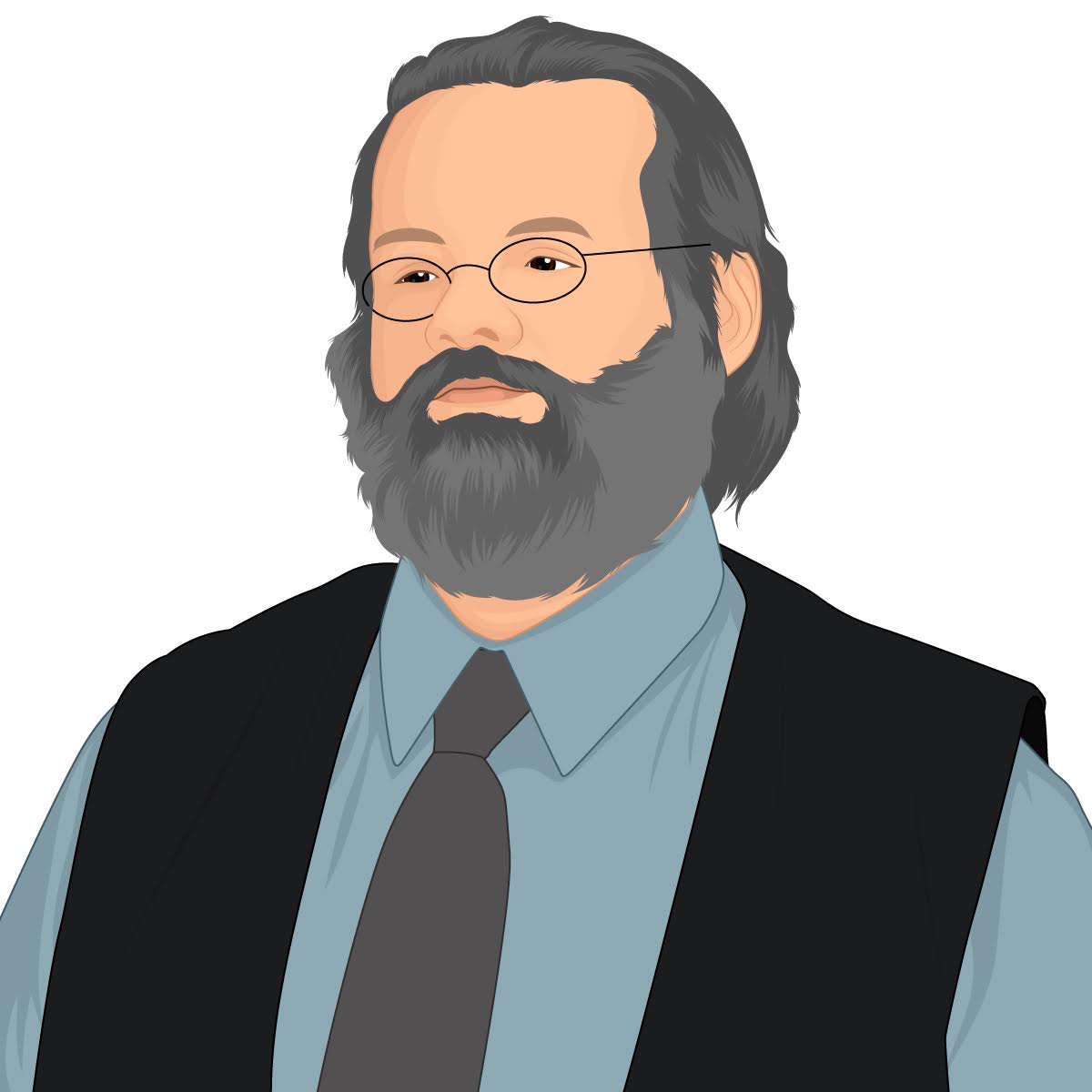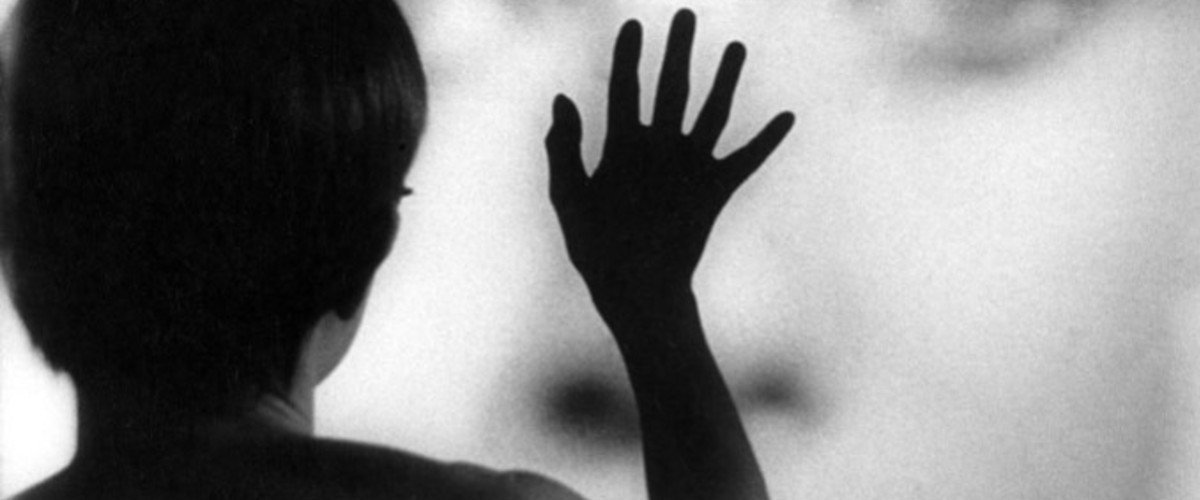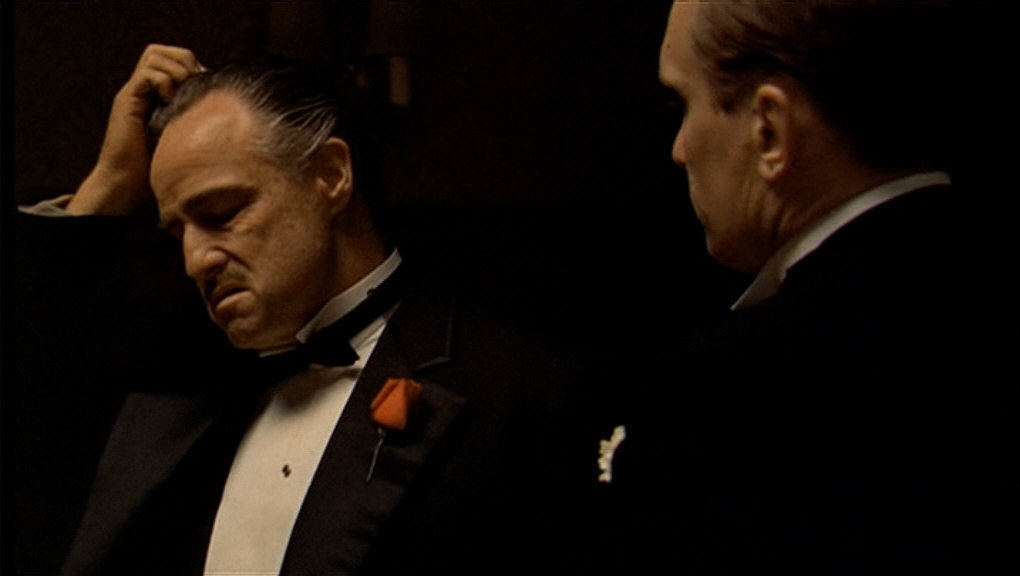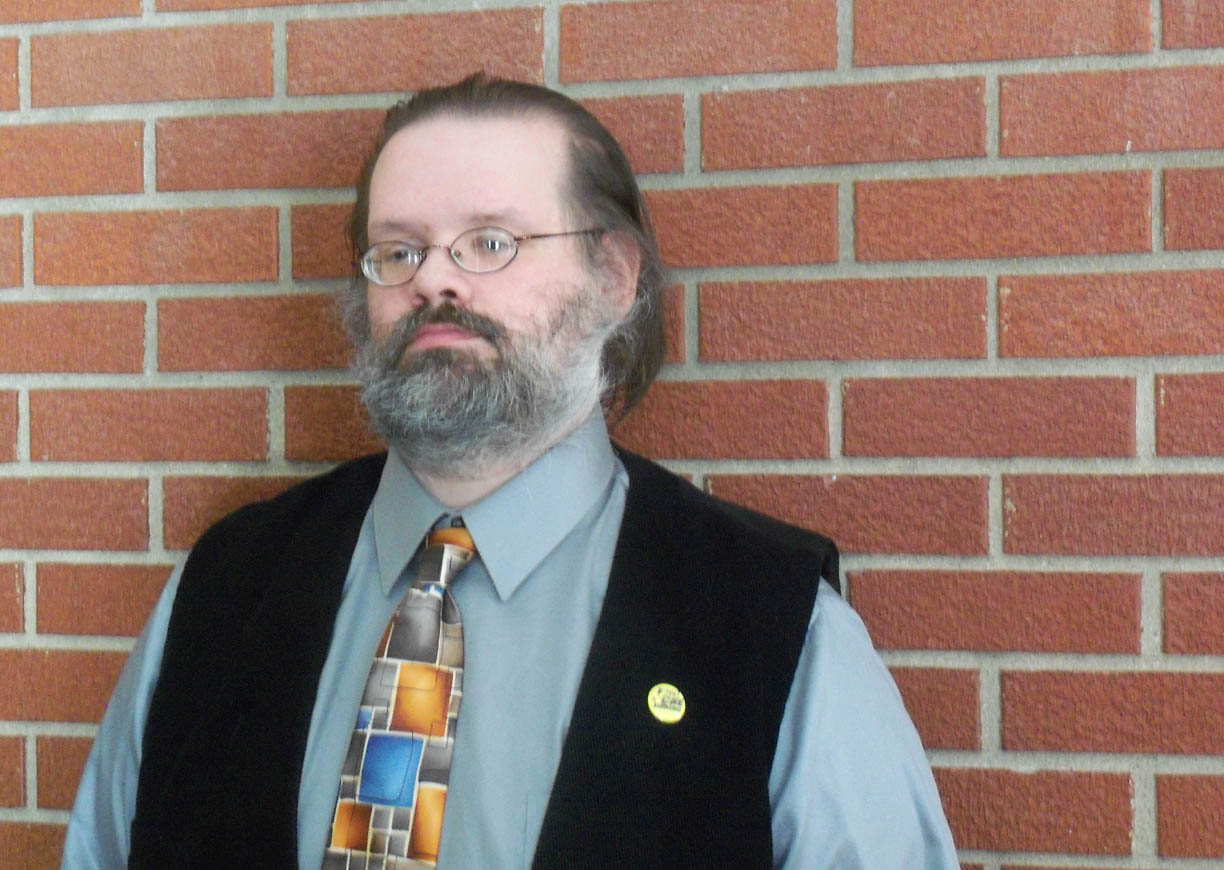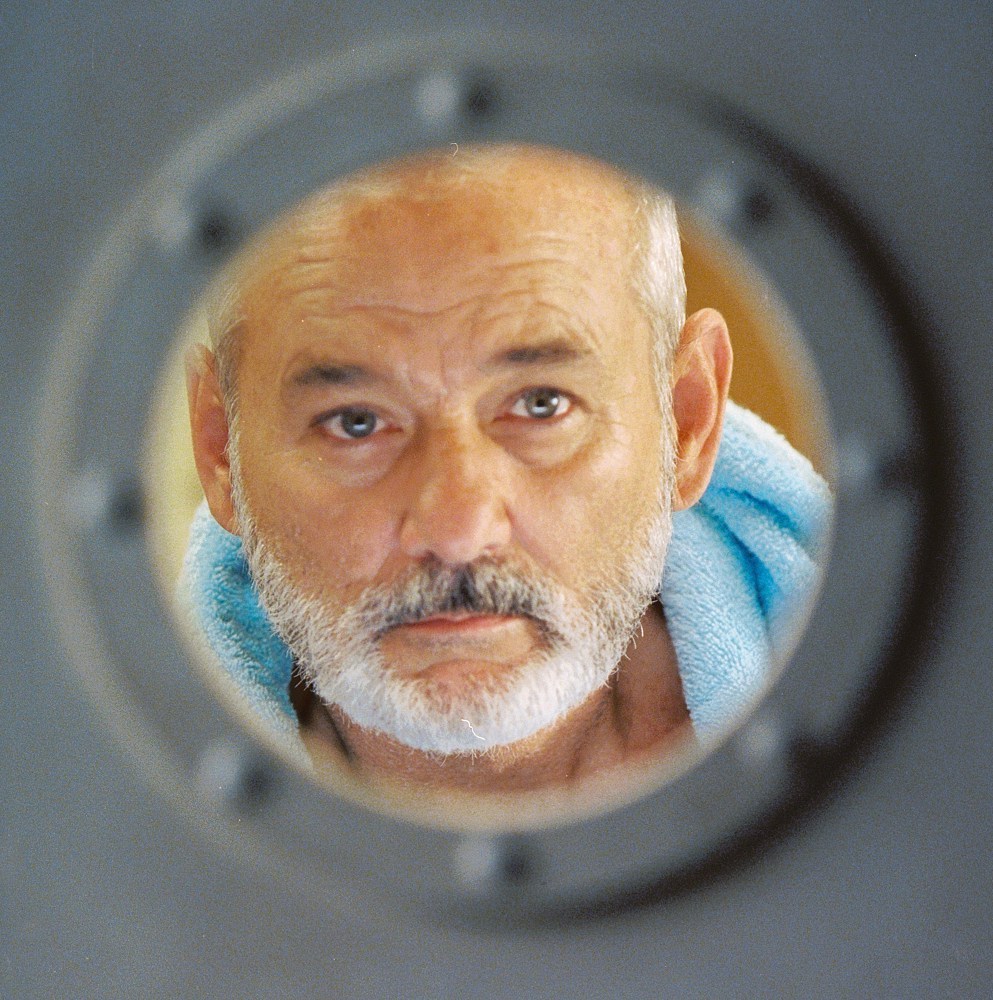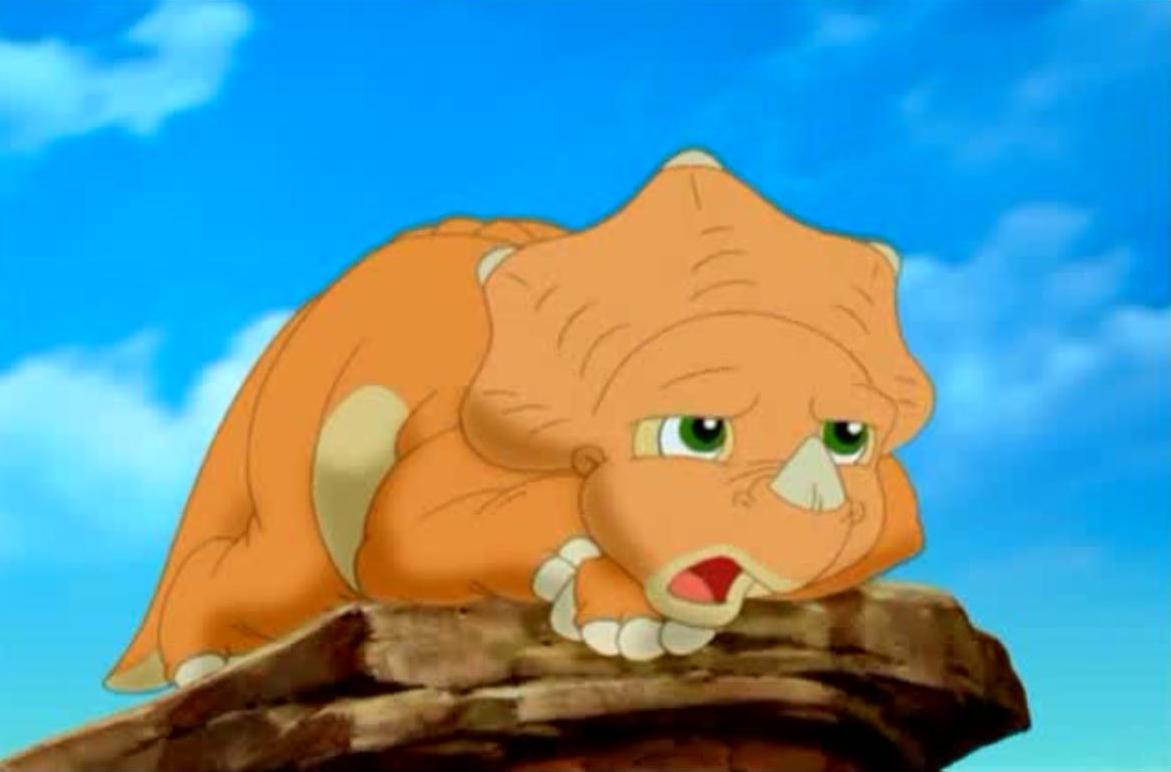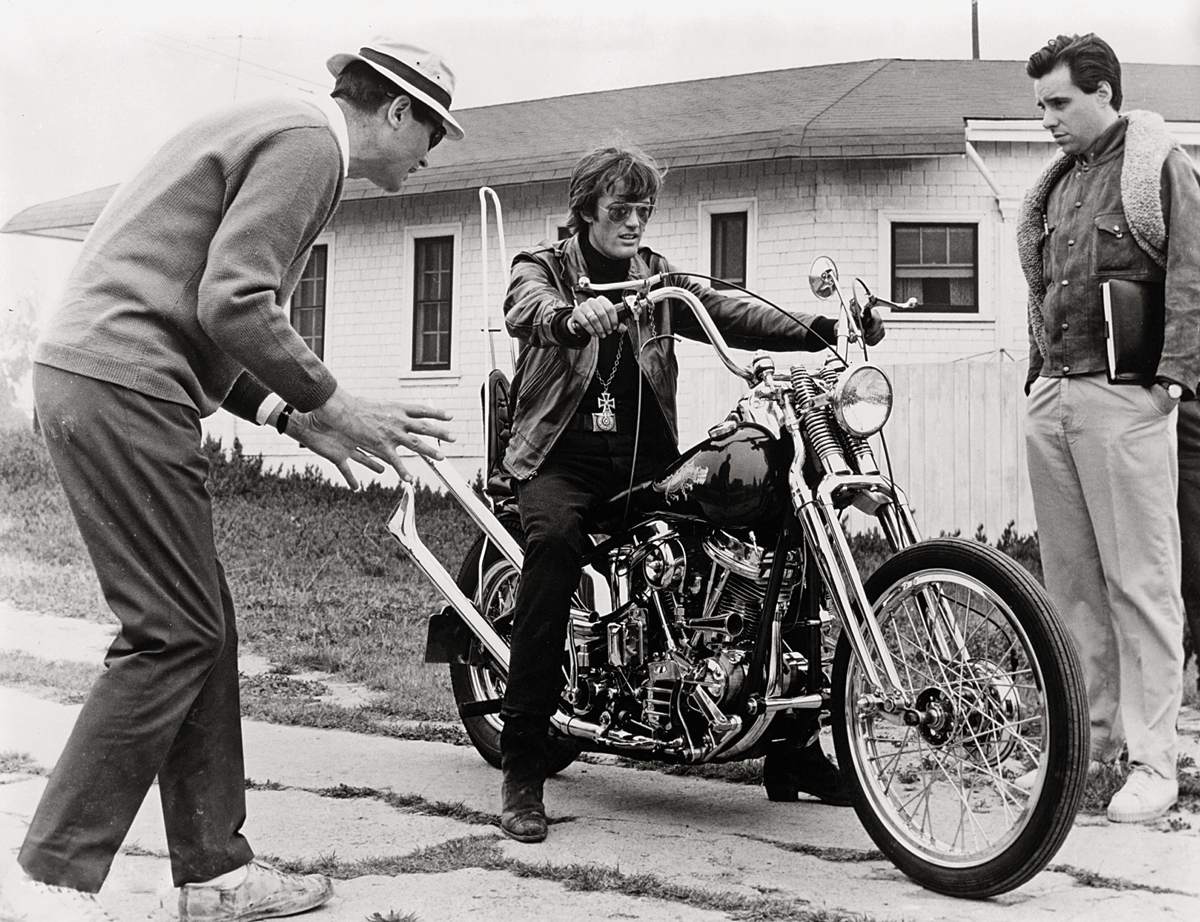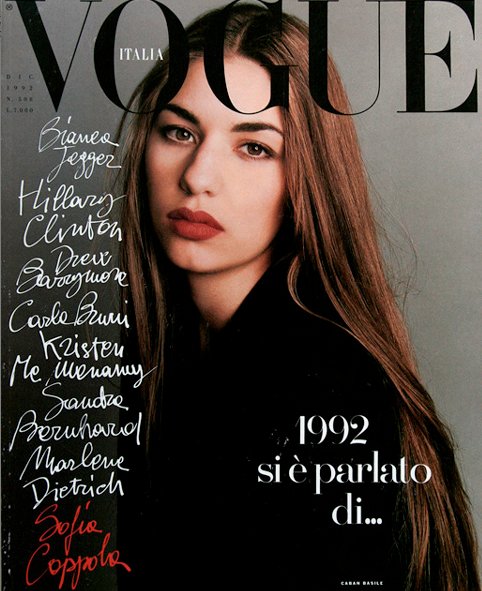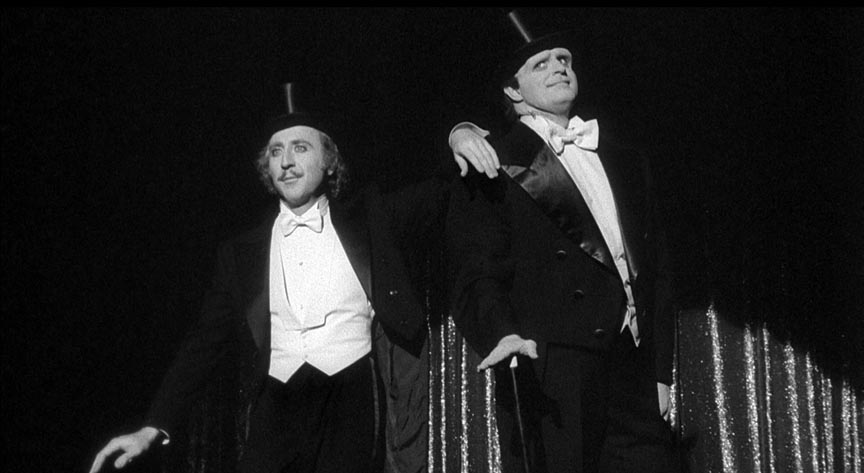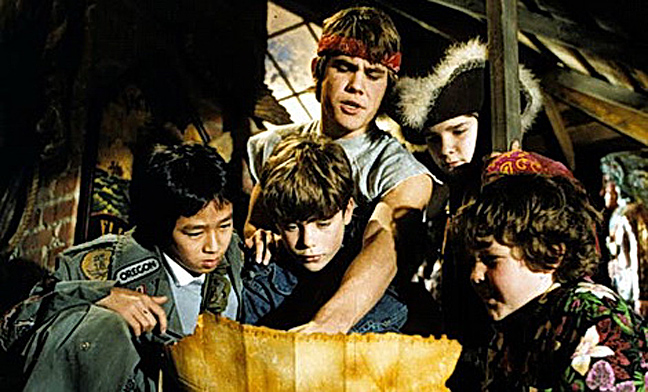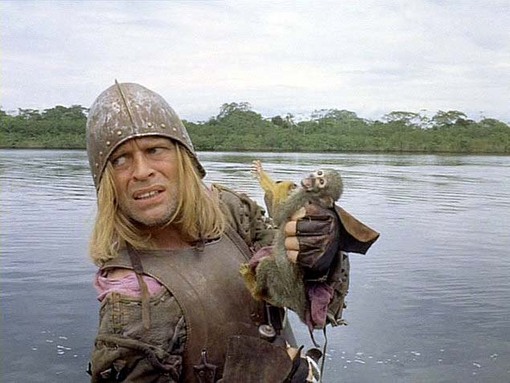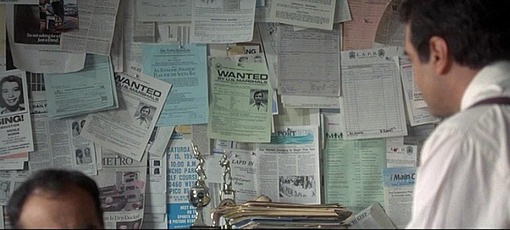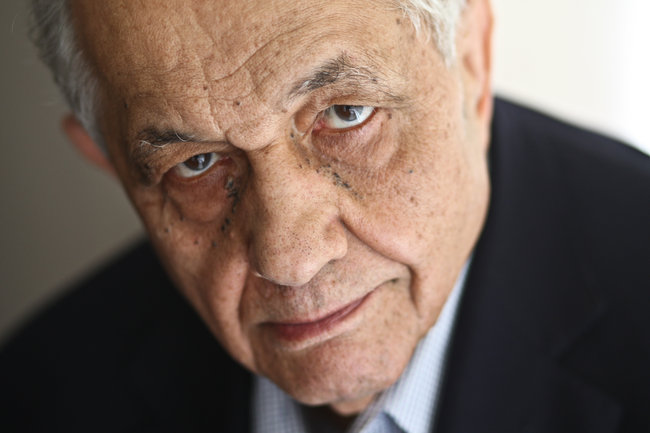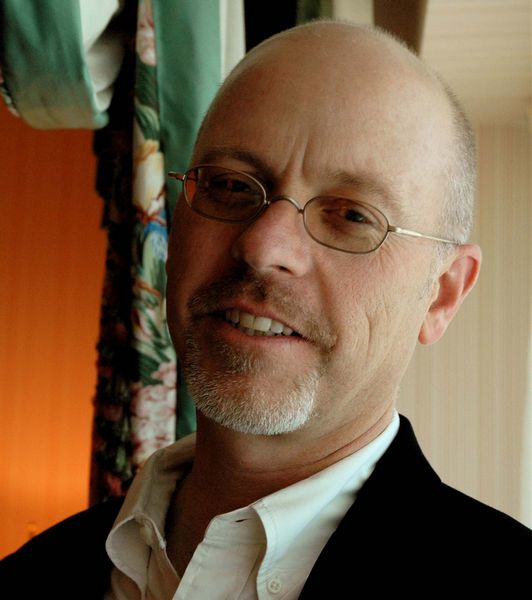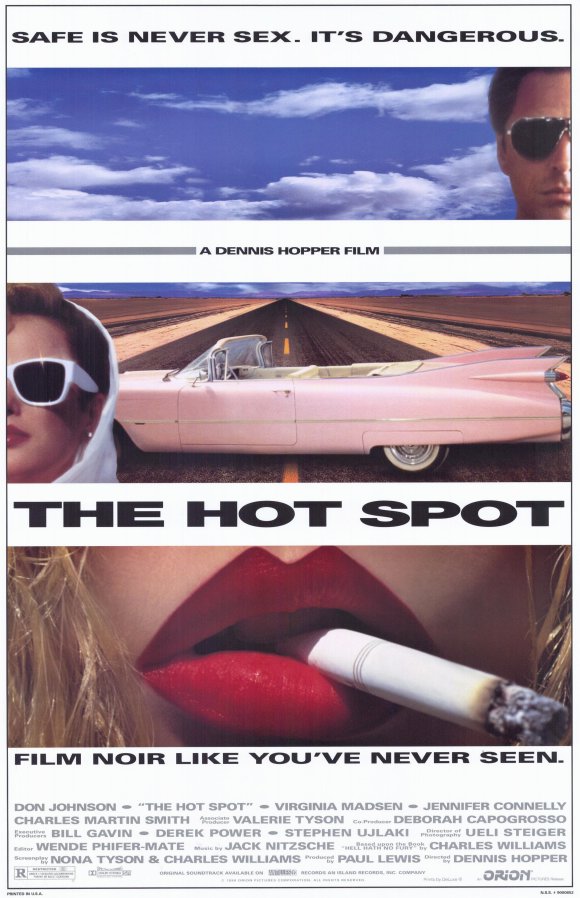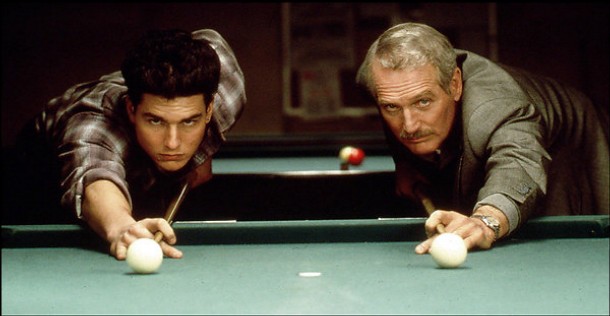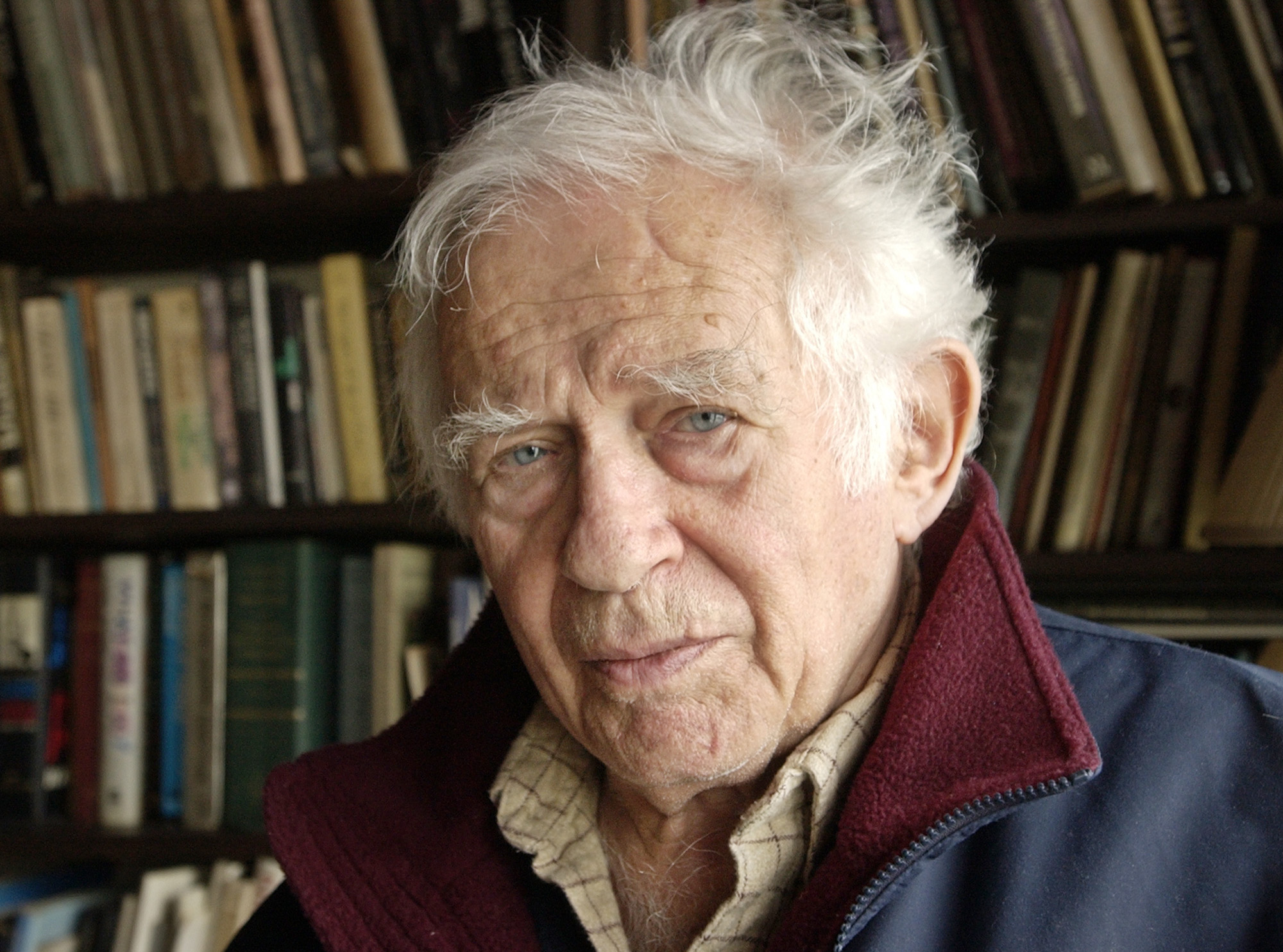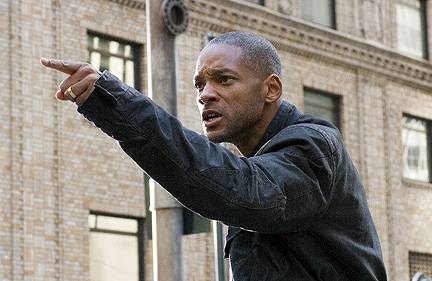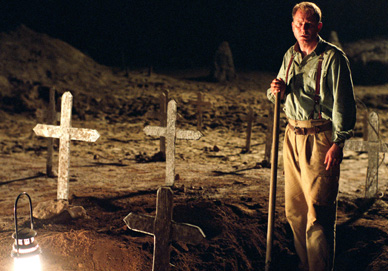Francis Coppola Movie Reviews
Blog Posts That Mention Francis Coppola
Interview with Robert Duvall & Francis Coppola
Roger Ebert
Coppola looks forward to his own films
Roger Ebert
Thumbnails 10/08/2013
Matt Zoller Seitz
Robert Duvall: “Napalm, son. Nothing else in the world smells like that”
Roger Ebert
Chicago Critics Film Festival Announces Full Schedule, Special Guests
The Editors
Let The Dead Sleep: On “Alien Romulus” and Digital Resurrection
Matt Zoller Seitz
There Will be No Questions: The Parallax View, the Ultimate Conspiracy Thriller, Turns 50
Matt Zoller Seitz
Roger Corman’s Greatest Legacy Was Giving So Many People Their Big Break
Matt Zoller Seitz
Tom Luddy (1943-2023)
The Editors
Defying Gravity: Dante Basco, Caroline Goodall, James V. Hart, Charlie Korsmo and More on the Thirtieth Anniversary of Hook
Matt Fagerholm
Richard Donner: 1930-2021
Peter Sobczynski
Monte Hellman: 1932-2021
Scout Tafoya
NYFF 2020: The Human Voice, The Woman Who Ran, French Exit
Odie Henderson
Hal Hartley on His Film Career, Modernist Influences, and Re-Watching His Work
Vikram Murthi
Home Entertainment Guide: September 5, 2019
Brian Tallerico
Book Review: The Star Wars Archives 1977-1983
Peter Cowie
CIFF 2018: Friedkin Uncut, The Great Buster
Peter Sobczynski
Amandla Stenberg and George Tillman, Jr. on Bringing Angie Thomas’ The Hate U Give to the Big Screen
Nell Minow
The Greatest Show on Earth: Recap of the 2017 Telluride Film Festival
Meredith Brody
Charles Taylor on His New Book, “Opening Wednesday at a Theater or Drive-In Near You”
Sheila O'Malley
Michael Ballhaus: 1935-2017
Peter Sobczynski
Molly Haskell on feminism, censorship, screwball comedy, and life after Andrew Sarris
Matt Zoller Seitz
Thumbnails 6/17/16
Matt Fagerholm
Robert Loggia: 1930-2015
Peter Sobczynski
At Last! “The End of the World” is Here!
Peter Sobczynski
Who’s Who In Reviews: Peter Sobczynski
Chaz Ebert
Beyond Narrative: The Future of the Feature Film
Roger Ebert
Working From the Heart: The Career of Nastassja Kinski
Peter Sobczynski
The art of darkness: Robert Yeoman on Gordon Willis
Matt Zoller Seitz
Meet the Writers: Peter Sobczynski
The Editors
The Wes Anderson Collection, Chapter 4: “The Life Aquatic with Steve Zissou”
Matt Zoller Seitz
Thumbnails 9/4/2013
The Editors
Book Excerpt: Crab Monsters, Teenage Cavemen, and Candy Stripe Nurses
The Editors
Thumbnails 6/14/2013
The Editors
Thumbnails 6/12/2013
The Editors
My Ten Greatest Movies
Omer M. Mozaffar
Steven Spielberg’s legacy
Roger Ebert
The Best 10 Movies of 1989
Roger Ebert
The Best 10 Movies of 1988
Roger Ebert
The Great Box-Office Scam
Roger Ebert
Apocalypse Now: An audio-visual aid
Jim Emerson
Shooting the rapids with Werner Herzog (Part 1)
Jim Emerson
How much spoilage does a spoiler really spoil?
Jim Emerson
George Lucas: Give it up
Jim Emerson
The direct-to-video king
Roger Ebert
Lee’s ‘Summer of Sam’ a sizzling look at ’70s N.Y.
Roger Ebert
Mission Probable: Oscar for Landau
Roger Ebert
Oscar Noms: Kramer & All That Jazz
Roger Ebert
Andrew Sarris, 1928-2012: In Memoriam
Roger Ebert
Quirky filmmaker soldiers on
Roger Ebert
Brando was a rebel in the movies, a character in life
Roger Ebert
Hopper elicits cool era with his ‘Hot Spot’
Roger Ebert
Tom Cruise: Color him bankable
Roger Ebert
Norman Mailer: Tough guy directs
Roger Ebert
Interview with Bette Midler
Roger Ebert
Movie Answer Man (12/20/2007)
Roger Ebert
If at first you don’t succeed …
Roger Ebert
Movie Answer Man (12/13/1998)
Roger Ebert
Popular Reviews

The best movie reviews, in your inbox
